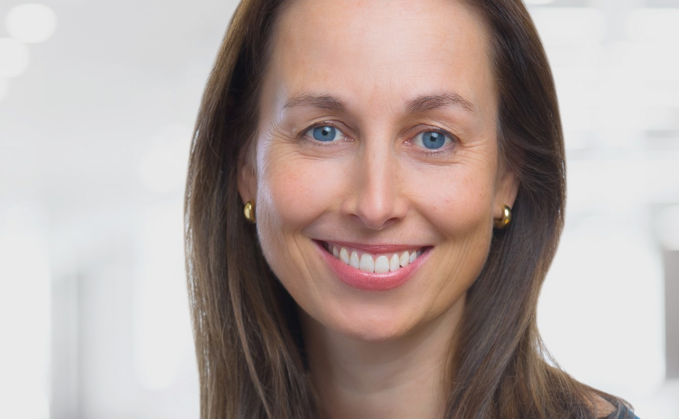
Can you give a brief overview of your strategy in terms of what you are trying to achieve for investors, your investment process and the make-up of the investment team?
Global Sustain is a high-quality, ESG-integrated global equity strategy that is strong on engagement, light on carbon and built on quality. We look for high-quality companies at reasonable valuations that can sustain high returns on operating capital over the long term. The portfolio invests in intrinsically carbon-light companies and has a significantly lower carbon footprint than the broader market, with a robust carbon-related exclusions policy and filtering process. It has a number of exclusions, including weapons, alcohol and tobacco. The $4.5bn strategy seeks to provide attractive long-term returns with less long-term volatility than the broader market.
Our investment process focuses on the sustainability and direction of future returns on operating capital because we believe that companies with sustainably high, long-term returns should outperform. We believe that understanding and incorporating ESG factors in the investment process is essential for successful long-term compounding. This includes direct, portfolio manager-led engagement with companies and boards to assess material ESG risks and opportunities.
We have been managing high quality portfolios for over 25 years with Global Sustain's sister strategy, Global Franchise (Brands), and we have a long history of engaging with companies on matters of sustainability and governance. Our 14-strong investment team manages nearly $60bn in assets and operates as an investment boutique, backed by the resources of Morgan Stanley. Our dedicated Head of Sustainable Outcomes and Head of ESG Research work alongside our portfolio managers, focusing on ESG strategy and the analysis of thematic ESG issues as well as engaging with company management.
How are you positioning your portfolio for the rest of the year and looking ahead to 2022?
The remarkable pace of economic recovery from COVID-19, driven by massive government interventions and the vaccine miracle, has boosted the earnings of lower quality companies, which have therefore outperformed over 12 months. Optimists see a period of economic growth, helped by government fiscal largesse, allowing the earnings party to continue. Our fear is that even if the macro environment is favourable, the resulting cost pressures will make it tough for the market to hold on to the forecast peak margins in the absence of pricing power which is core to our stock selection - and has been one of the key drivers of our portfolios' compounding over the last quarter century.
Against this backdrop, we remain steadfast in our conviction in high quality, high return on operating
capital compounders with a strong ESG profile and the ability to grow earnings steadily across market cycles. Our research shows that these companies, with pricing power and recurring revenues, tend to be relatively robust in economic downturns, with steady operational cash flows and little, if any, excess leverage. We believe the portfolio should continue to compound better than the market over time - and the market isn't applying a sufficient premium given these superior prospects.
Can you identify a couple of key investment opportunities for your strategy you are playing at the moment in the portfolio? This could be at a stock, sector or thematic level.
Global Sustain has a long-term investment horizon, aiming to allow investors to benefit from the value creation inherent in high quality compounders. As a result, portfolio turnover is relatively low. Our bottom-up, high quality investment approach results in a portfolio typically concentrated in a few areas: Consumer Staples, Health Care (particularly Medtech & Life Sciences), and IT Software & Services.
Recent purchases include Estée Lauder, which we funded by reducing our position in L'Oréal. In our view, both companies are well positioned and well managed, with strong brand presence. Estée Lauder is skewed to high growing categories such as Skin & Makeup and is positioned to benefit as Travel Retail reopens further as well as having exposure to the fastest growing beauty market, China. Despite this, we believe it was trading at an unusual discount to L'Oréal.
Another buy is Broadridge, a Financial Services firm described by Forbes as ‘the most important financial firm you have never heard of'. Its core offering is in US proxy services, where it enjoys a 95% market share. It generates 100%+ returns on operating capital, boasts a 98% client retention rate and has generated 4-8% organic growth over the last decade.












